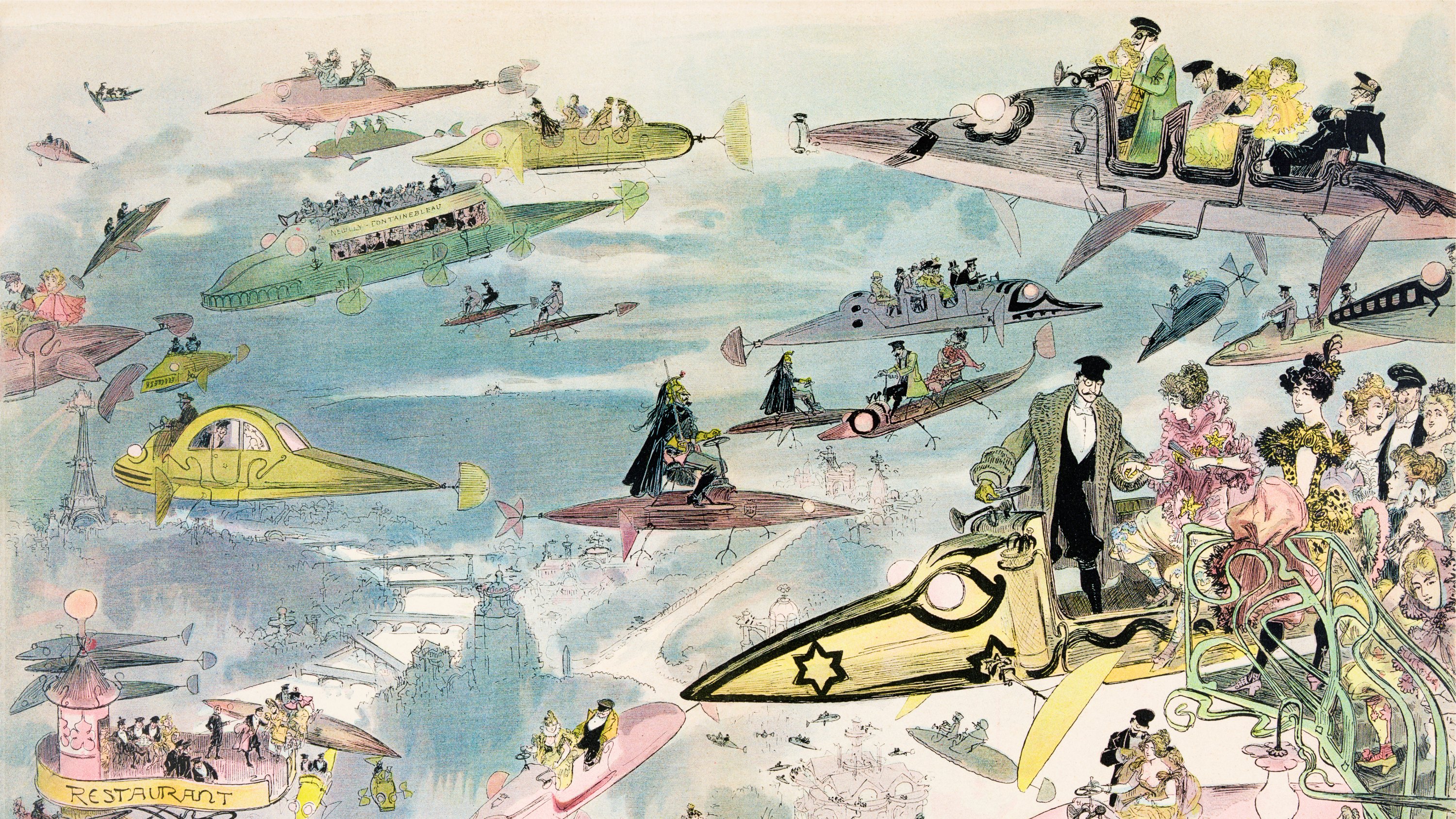As we gain new knowledge, our scientific picture of how the Universe works must evolve. This is a feature of the Big Bang, not a bug.
All Articles
Workplace community is too often dismissed as an HR initiative, when in reality it’s the key to driving business results through frontline employee performance.
Brian Gumbel — President and Chief Operating Officer (COO) at Dataminr — explores the cutting edge of real-time information analysis.
The universe is filled with unlikely events, but it is also full of ways to fool ourselves.
Neuroscientist Rachel Barr shares her favorite books on the brain and how they shaped her approach to the field.
Just because a paper passes peer review doesn’t mean that what’s written, or what the author asserts, is true. Here’s why it still matters.
We don’t learn from history because we can’t learn from history.
Welcome to The Nightcrawler — a weekly newsletter from Eric Markowitz covering tech, innovation, and long-term thinking.
It’s not just an odd quirk of numbers that makes it true, but a deep mathematical insight that dates all the way back to Pythagoras.
Organic compounds can form through simple chemistry alone — making the search for true biosignatures trickier than it seems.
10 years ago, LIGO first began directly detecting gravitational waves. Now better than ever, it’s revealing previously unreachable features.
Questions about our origins, biologically, chemically, and cosmically, are the most profound ones we can ask. Here are today’s best answers.
Even when leaders know disruption is a smart long-term decision, the pain of transition can produce a titanic shambles. Just ask Kodak.
Despite the claims of speed reading apps and programs, you actually have to read the book if you want to learn.
Aristotle taught that “knowing yourself is the beginning of all wisdom” — all leaders and teams should take note.
The fear of unleashing forces beyond control has haunted science for centuries.
Strategyzer CEO Alex Osterwalder on why entrepreneurs should take a leaf from Amazon’s innovation playbook.
The red planet, Mars, may once have been teeming with life, just as Earth is today. Finding “organics” on Mars, however, doesn’t mean life.
Dust is ubiquitous in the modern Universe, appearing in nearly all galaxies. But our cosmos was born dust-free. So where does it originate?
In revolutionary Russia, a group of forward-thinking philosophers offered an alternative to both futurism and communism.
In “On Liberalism,” Cass Sunstein argues that liberalism can only endure if we reclaim its core commitments and revive its spirit of freedom and hope for the future.
Strengthen your focus like a muscle.
Welcome to The Nightcrawler — a weekly newsletter from Eric Markowitz covering tech, innovation, and long-term thinking.
It’s the origin of our entire observable Universe, but it’s still not the very beginning of everything.
Here are three ways to do it better.
Real understanding, argues Jeff DeGraff, doesn’t come from outputs — it comes from practice.
The most common type of exoplanet is neither Earth-sized nor Neptune-sized, but in between. Could these haze-rich worlds house alien life?
In this excerpt from “Facing Infinity,” Jonas Enander examines how John Michell conceived of “dark stars,” or massive bodies with enough gravity to trap light, all the way back in 1783.
A dialogue with Angus Fletcher — author of the bestseller “Primal Intelligence” — exploring the unique engines of human progress.
The Holy Grail of physics is a Theory of Everything: where a single equation describes the whole Universe. But maybe there simply isn’t one?





























